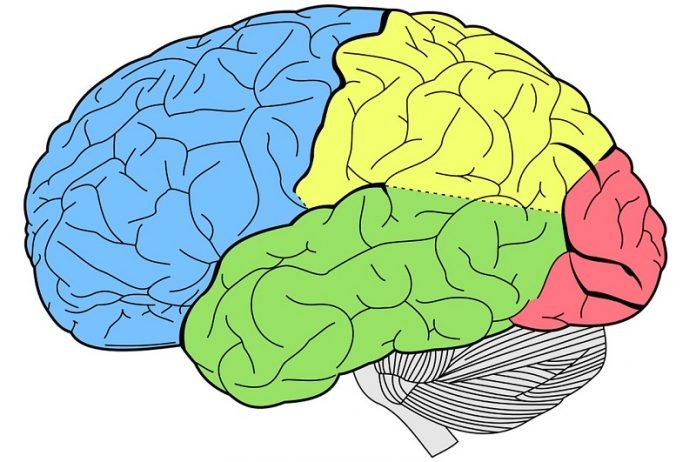
In a new study, researchers have discovered a new method to diagnose Alzheimer’s disease.
They found that the level of the fatty molecules was higher in people who had amyloid in the brain.
Amyloid is the peptide used to diagnose Alzheimer’s Disease.
This finding suggests that the particular class of molecules may help with diagnosing Alzheimer’s Disease.
The research was conducted by a team from King’s College London.
Previous research has shown that the amyloid peptide that can form plaques in the brain is toxic to nerve cells.
Plaque accumulation can start many years before the Alzheimer’s symptoms appear.
Currently, drugs that can target amyloid have not been successful in restoring memory.
In the current study, the team examined whether any molecules in blood could be linked to amyloid in the brain.
They used a technique akin to throwing a big fishnet to catch as many molecules as possible in the blood.
Then they generated a list of hundreds of molecules and found that fatty acid amides increased in line with amyloid in the brain.
Moreover, these molecules were connected to brain shrinkage and memory loss.
These fatty amides are known to be neuroprotective and can induce sleep.
Because amyloid accumulates in the brain with lack of sleep, these fatty molecules may play a role in clearing up toxic amyloid in the brain.
The team hopes that their new finding could open the way for new treatments given the link with fatty molecules.
They hope a new blood test can be developed based on their result. A blood test will be cheaper than measuring amyloid in the brain and easier to do than a spinal tap.
Currently, they are testing these molecules in nearly 600 participants and hope to expand to the thousands to see if a new diagnostic blood test is possible.
This is the first study in which lipid molecules produced in the brain are found in the blood.
The lead author of the study is Dr. Cristina Legido-Quigley from King’s College London.
The study is published in the journal Alzheimer’s & Dementia: The Journal of the Alzheimer’s Association.
Copyright © 2019 Knowridge Science Report. All rights reserved.



